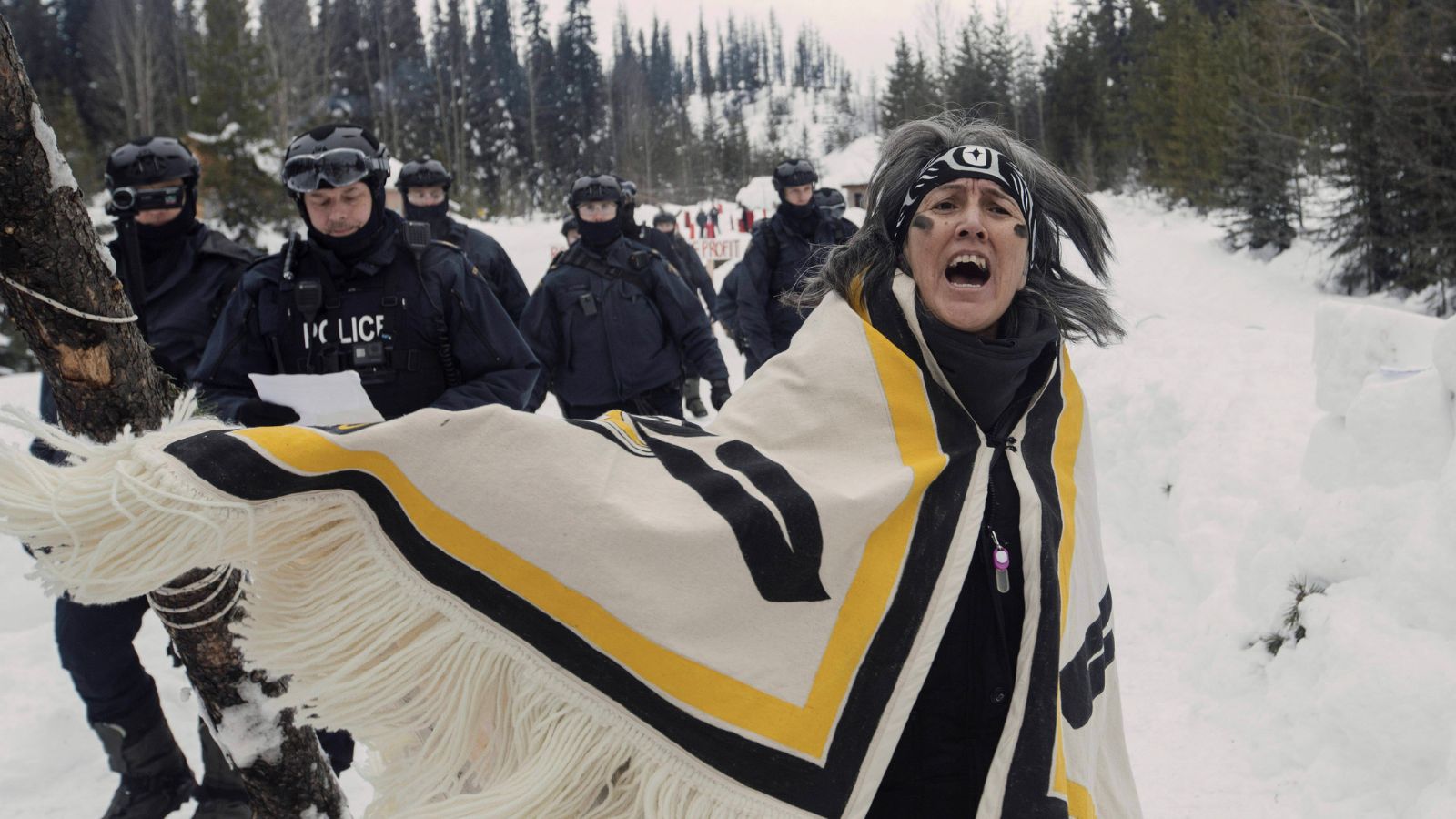April 29, 2025 (BUSAN) – As governments, international institutions, and civil society gather in Busan for the 10th Our Ocean Conference, the South Korean government finds itself under scrutiny for advancing offshore gas development in its own waters—despite calling for greater international cooperation to address climate change, sustainable fisheries, and biodiversity loss.
At the center of this controversy are the voices of fisherfolk from different parts of the world, including Jinman Kim, president of the Guryongpo Coastal Red Crab Vessel Owners’ Association in South Korea, and Julián Medina Salgado, small-scale artisanal fisherman from the Gulf of Morrosquillo and president of the National Fishing Network in Colombia. Both point to how the combined threats of climate change and offshore fossil fuel development are undermining their communities’ right to livelihood and a healthy marine environment.
“No consultation, less catch — we are losing our right to survive”
In late 2024, the South Korean government began exploratory drilling for the Blue Whale Gas Field in the East Sea, near Yeongil Bay in Pohang. The drill site overlaps with a key red snow crab fishing ground.
Jinman Kim reported a marked decline in auctioned crab volumes following the drilling:
“Between December 20 and January 7, the volume dropped by 20 tons compared to the same period the year before. That’s over 67 million KRW (~50,000 USD) in immediate losses, and annual damages could reach into the billions. The Korea National Oil Corporation (KNOC) never adequately consulted us. Our survival wasn’t part of the equation.”
He added that shifting ocean conditions may be compounding the impact:
“Over the years, many of us have noticed that red snow crabs are now being found much deeper than before. Where we used to fish at around 700 meters, we now have to go beyond 1,300 meters. It's likely connected to changes in bottom water temperatures, but we’ve received no guidance or support to adapt.”

Image 1: Jinman Kim, president of the Guryongpo Coastal Red Crab Vessel Owners’ Association, speaks out against gas drilling near Pohang’s Yeongil Bay.
According to a 2024 report by the National Institute of Fisheries Science, surface water temperatures in the East Sea have risen by 1.9°C over the past 56 years—nearly twice the global average. The warming trend has caused many fishing grounds to shift northward and into deeper waters, affecting species distribution and catch predictability.
“With both environmental change and drilling disruption hitting us at once, we’re being pushed to the edge,” Kim said.
“Climate impacts are worsening—and fossil fuel expansion is making it worse”
From the Caribbean coast of Colombia, Julián Medina Salgado, who also serves as a member of the Board of Directors of the Latin American Union of Artisanal Fishing (ULAPA), echoed similar concerns:
“As fishermen, our lives and livelihoods depend on a healthy ocean. The expansion of offshore oil and gas extraction threatens the marine biodiversity that sustains us, jeopardizes our food security and violates our fundamental rights to work, health and a safe environment.
We urge our governments to protect the oceans from these destructive industries and to uphold the conservation and human rights of the world’s coastal communities. Halting the advance of fossil fuels, including offshore oil and gas, is not only a climate solution, but a step toward protecting our way of life and reconciling with nature.”
“Conference hosts must lead by action” — Pacific nations urge leadership standards
Sivendra Michael, Permanent Secretary of Fiji’s Ministry of Environment and Climate Change, noted that countries hosting global summits must align their domestic actions with the urgent need to protect the oceans, the climate, and human rights:
“In Fiji, we live in this climate crisis every single day. We are facing rising seas, cyclones, coral bleaching, threatening livelihoods and marine security. This is not just about climate, but human rights. Everyday, the fossil fuel industry expansion erodes our rights, including our right to a clean, healthy and sustainable environment.”
He further called for continued international attention:
“Hosts of conferences must lead by example. Leadership is not just about speeches, but action. The 10th Our Oceans Conference can set new standards, to recognize the impacts of fossil fuel, including offshore oil and gas, on the oceans. In June, at the UN Ocean Conference, the conversation must continue. In Brazil at COP30 and next year at COP31, it must be elevated.”
Global spotlight on Korea’s ocean and climate leadership
The testimonies of small-scale fishers and climate-vulnerable nations underscore a growing concern: that offshore fossil fuel development is fundamentally at odds with marine conservation and climate justice goals.
As South Korea assumes leadership roles on the global stage—including as the Asia-Pacific Economic Cooperation (APEC) chair and a G20 member—its domestic decisions, particularly around offshore gas expansion, will be closely watched for their alignment with its international commitments.
ENDS.
Solutions for Our Climate (SFOC) is an independent nonprofit organization that works to accelerate global greenhouse gas emissions reduction and energy transition. SFOC leverages research, litigation, community organizing, and strategic communications to deliver practical climate solutions and build movements for change.
For media inquiries, please reach out to Antonette Tagnipez, Communications Officer, antonette.tagnipez@forourclimate.org.
Share this insights























![[Brief] South Korea’s international public finance continues to block a just energy transition](https://content.sfoc.tapahalab.com/images/research/RC5Kime.jpg)





![[토론회] 한국형 녹색분류체계(K-Taxonomy), 무엇이 녹색경제활동인가](https://content.sfoc.tapahalab.com/images/research/bn8jdme.jpg)
![[이슈 브리프] 탄소포집, 이용 및 저장기술(CCUS) 현황과 문제점](https://content.sfoc.tapahalab.com/images/research/SWESdme.jpg)





